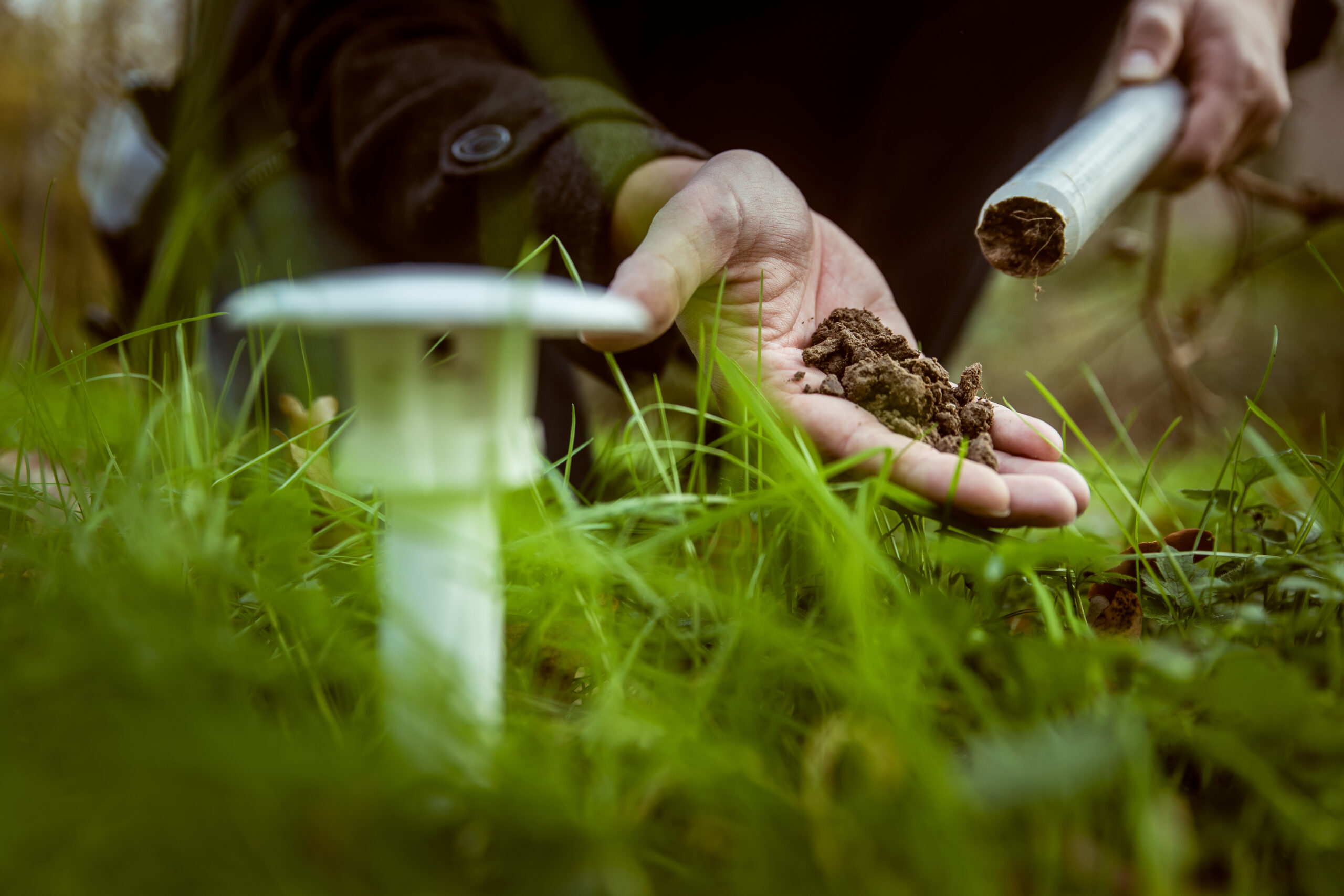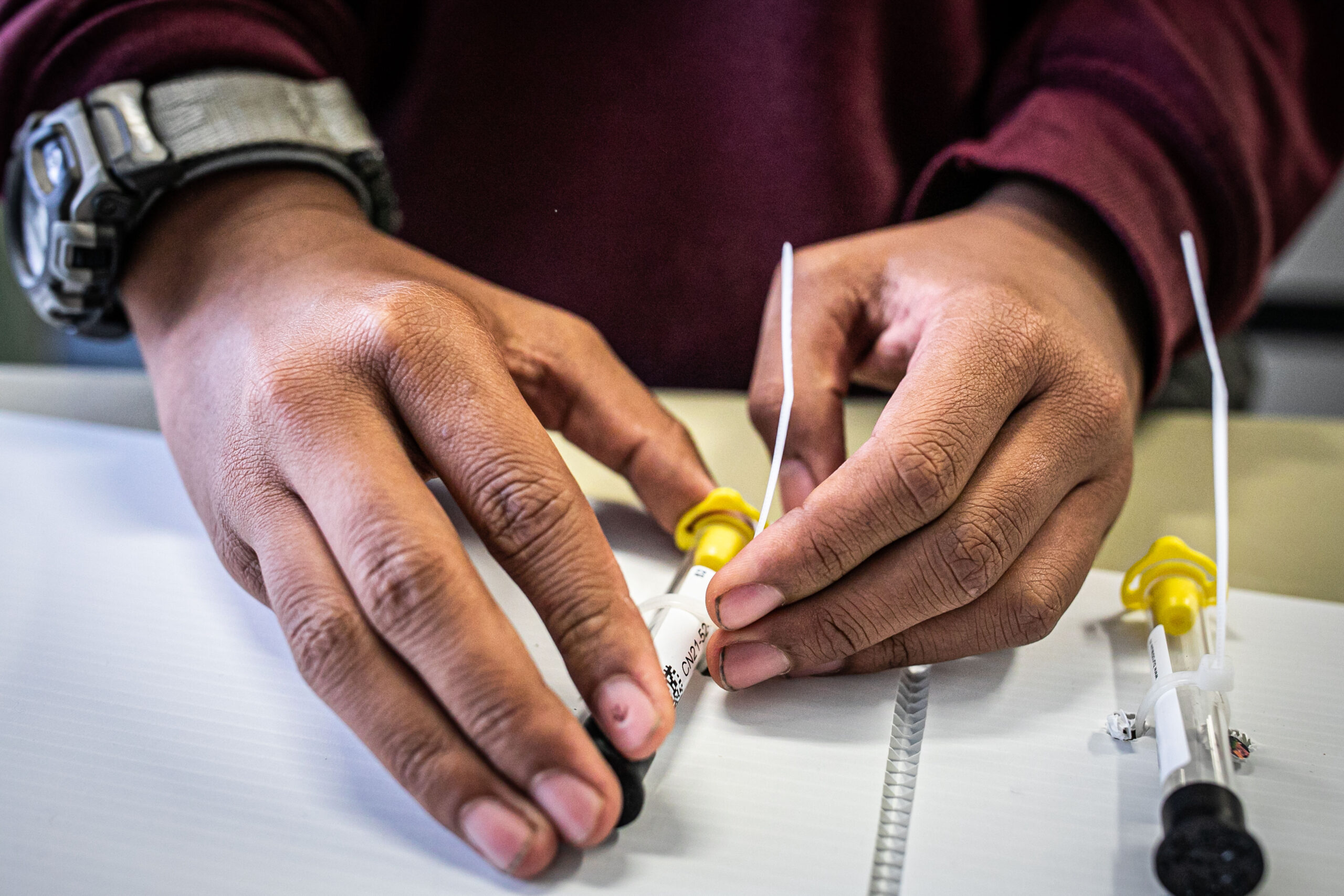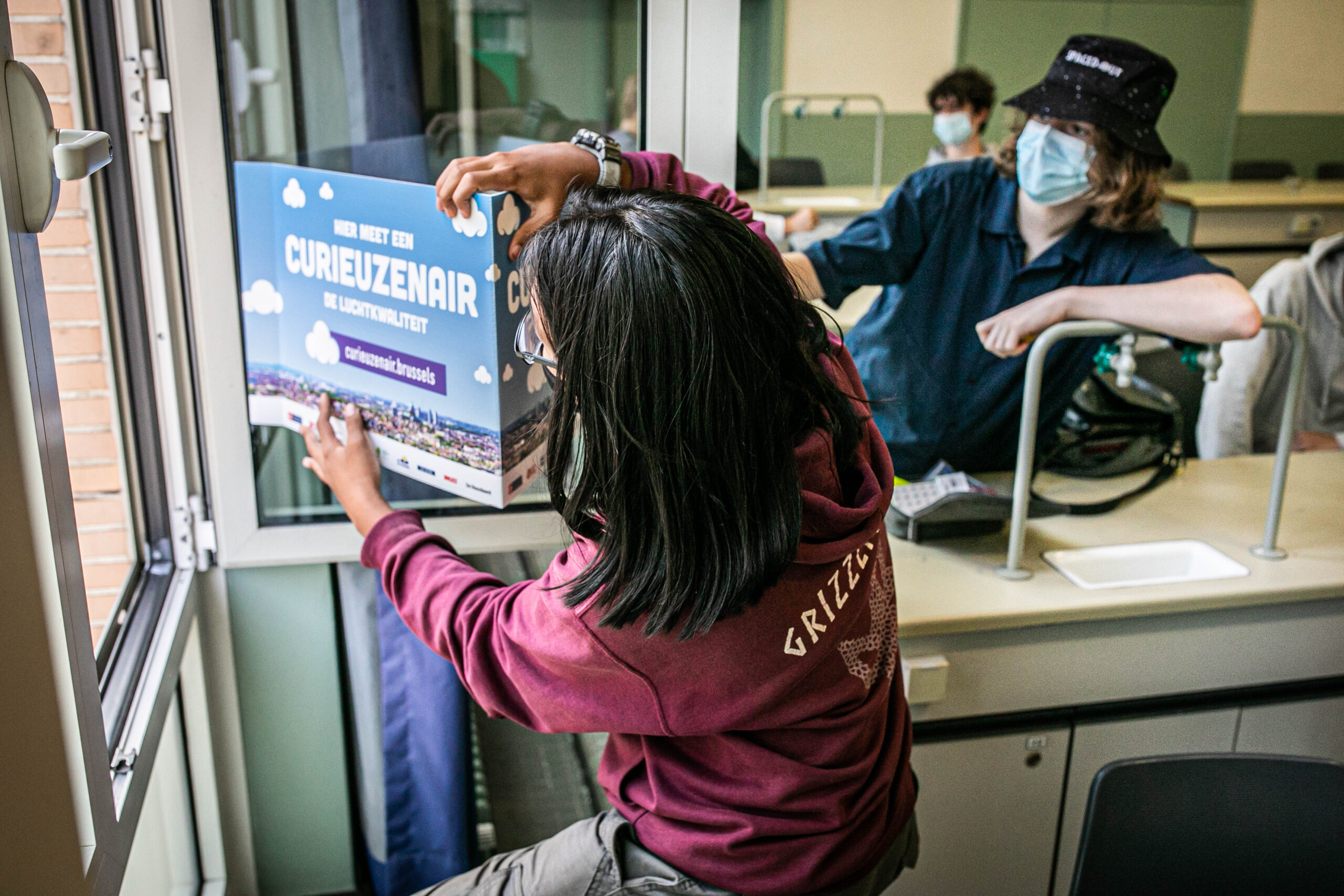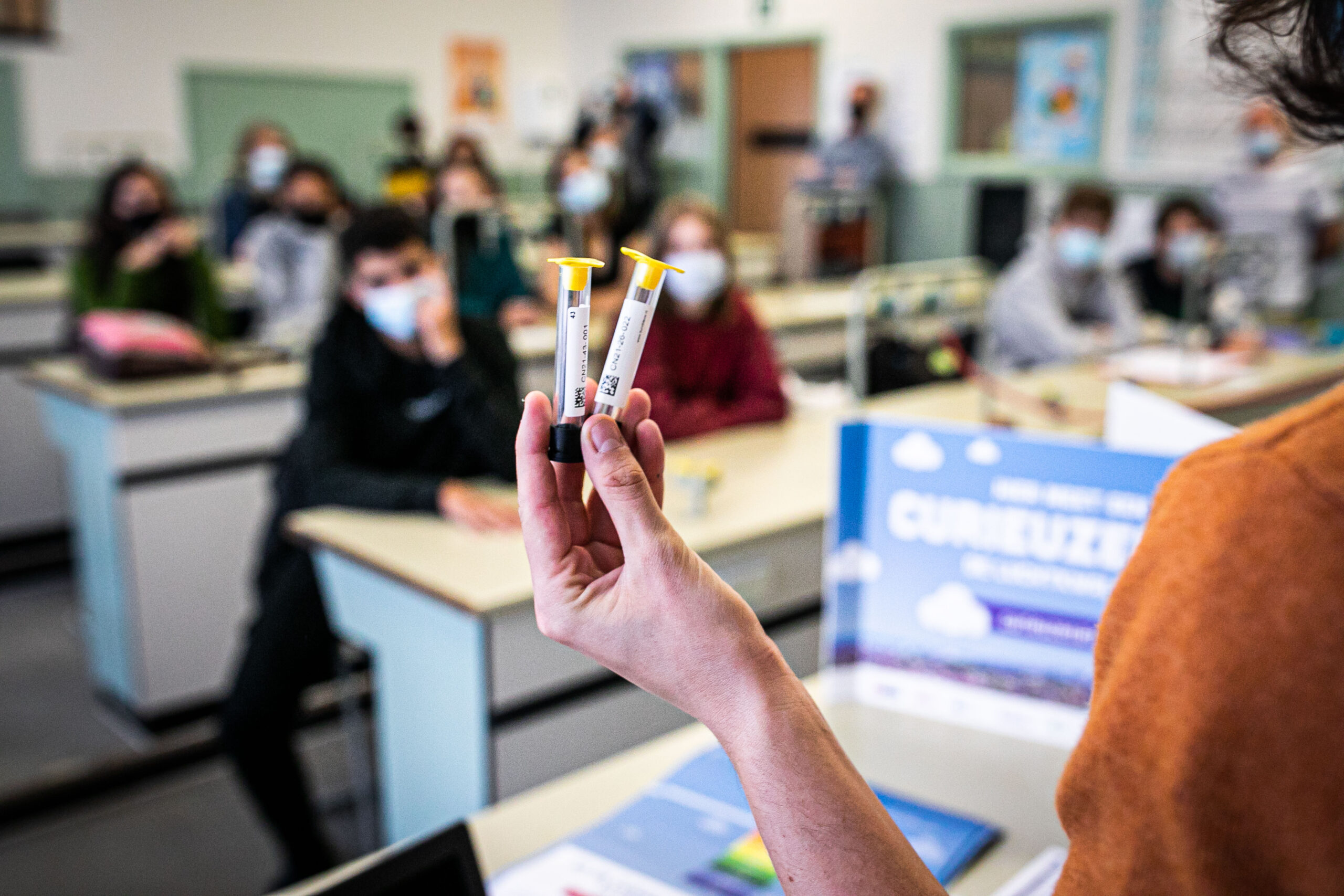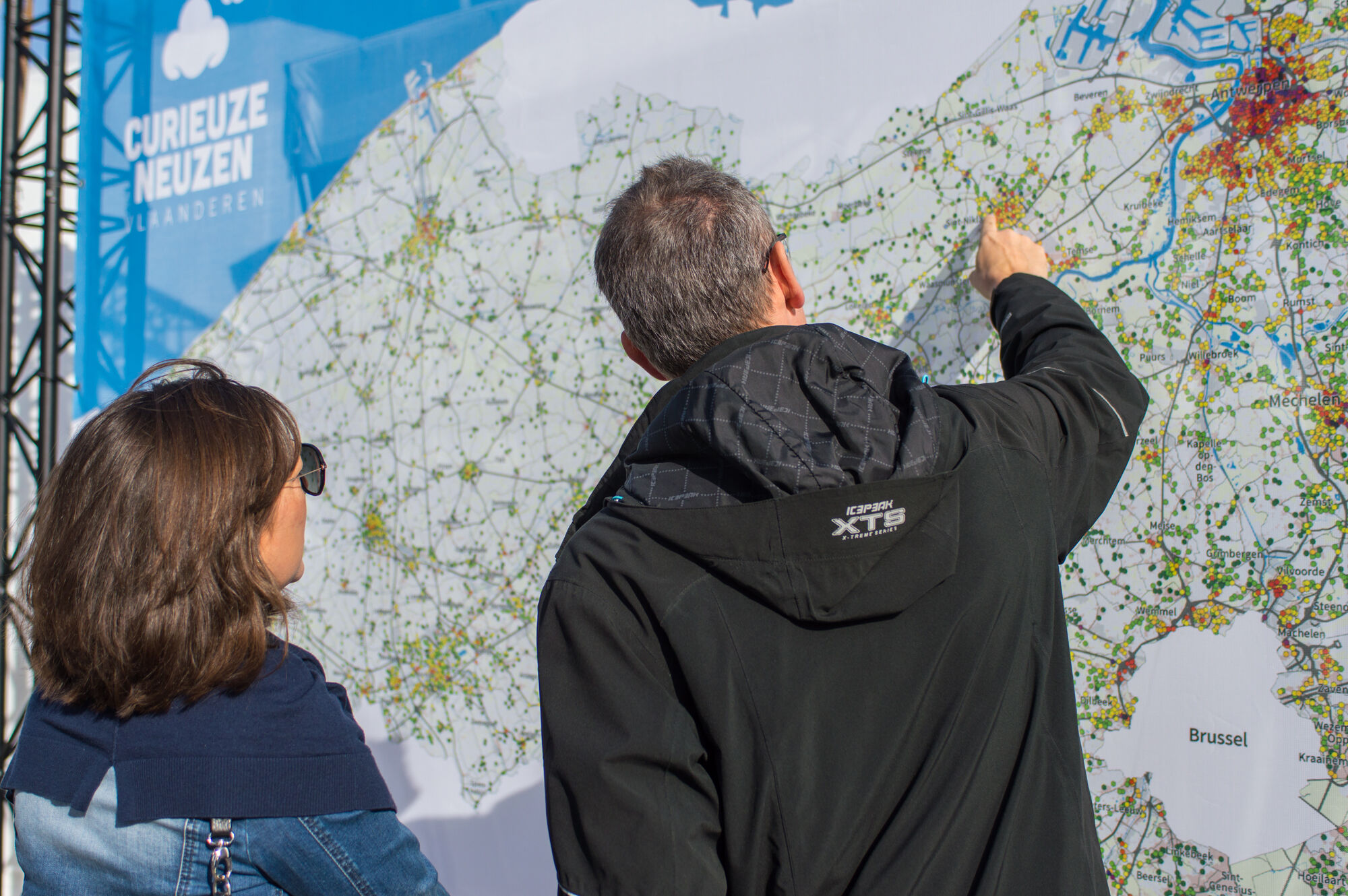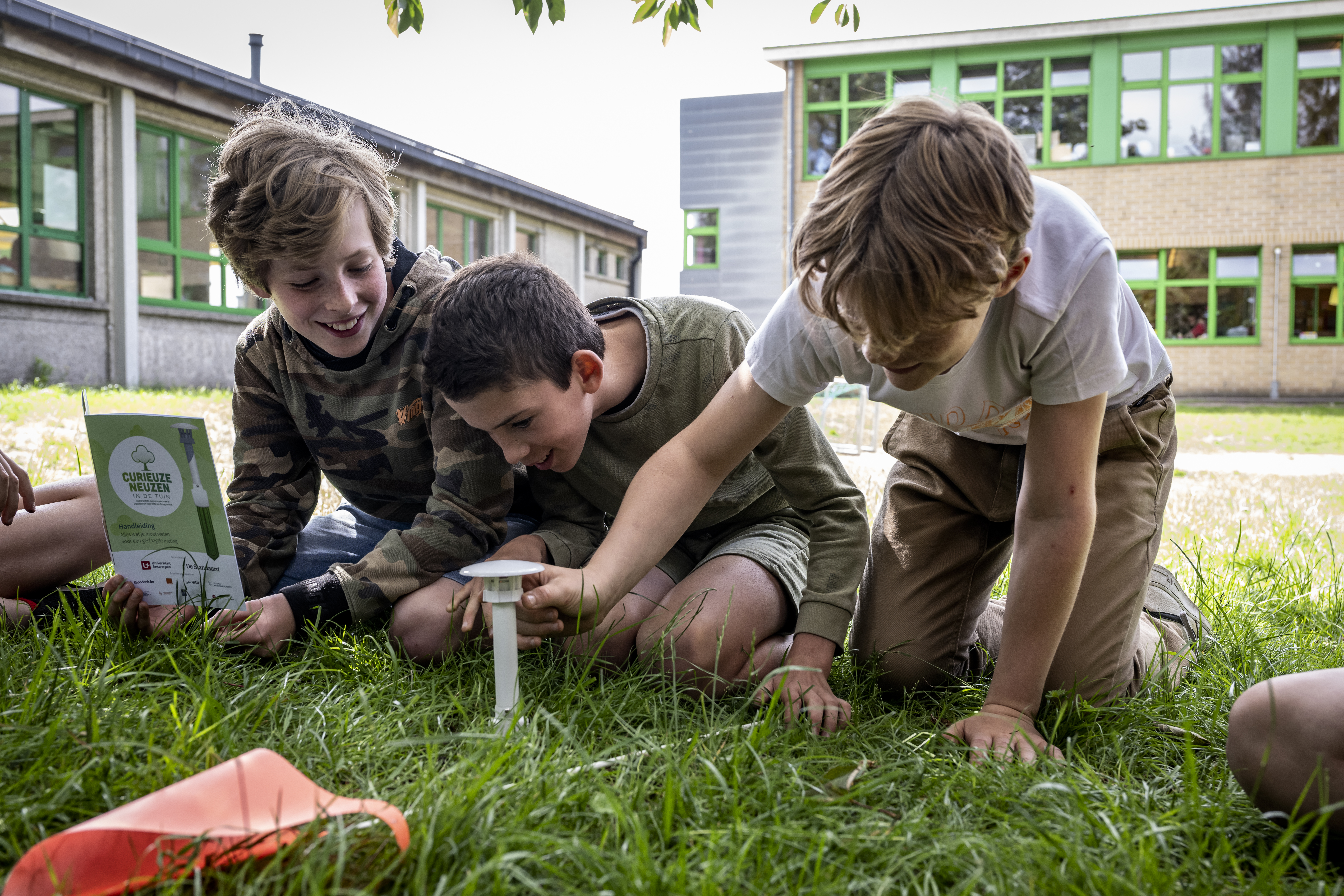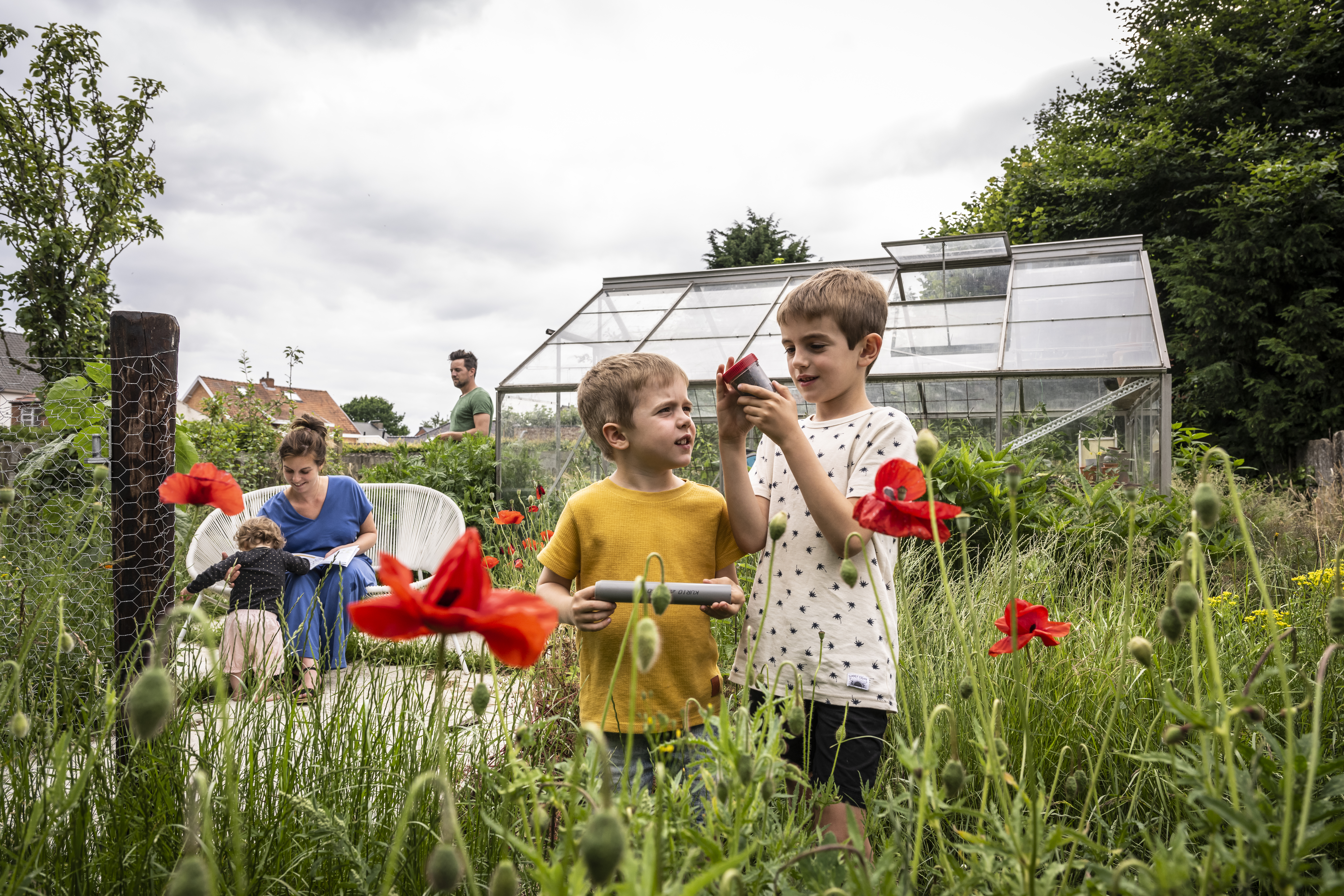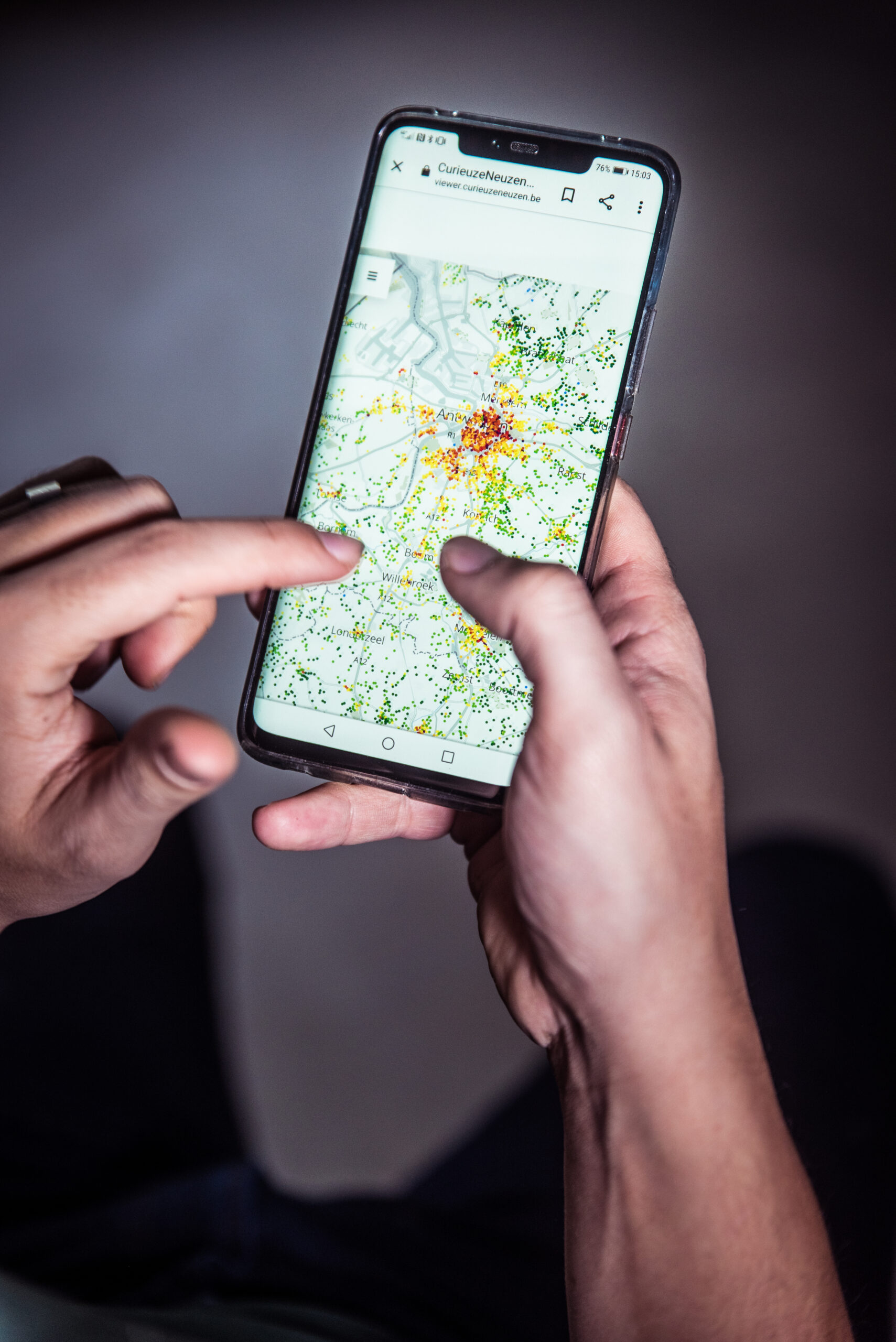Honorary Mention
Thousands of enthusiastic citizens, big data, powerful science
CurieuzeNeuzen (Dutch for “Nosy Parkers”) illustrates the disruptive power of large-scale citizen science. Complex environmental problems, such as air quality and climate adaptation, demand extensive data collection across whole cities or even whole countries. Scientists cannot collect such data on their own, as the logistics are simply too complex. The collective effort of thousands of enthusiastic citizens, contributing to large-scale data collection within their own street or garden, enables to crack these complex scientific problems.
To attract thousands of citizens, CurieuzeNeuzen deploys nation-wide communication campaigns (magazines, newspapers, social media, radio, TV), in co-creation with professional media partners. To generate high-quality data, CurieuzeNeuzen innovatively combines simple, but robust sensor technology (easily operated by citizens) with state-of-the-art Internet of Things technology. This approach enables citizens to accurately document the air quality in their street, or the heat stress in their garden. The resulting “big data” allows us scientists to generate highly detailed maps and test the latest computer models; something that would not be possible otherwise. This offers new scientific insights on how to improve air quality, and how to better weapon ourselves against the urban heat island and other impacts of climate change.
In parallel, CurieuzeNeuzen empowers citizens with data-driven knowledge, raising awareness about healthy living environments and the need to urgently address the climate challenge. Overall, CurieuzeNeuzen showcases how citizen science can directly contribute to societal challenges and informed policy decisions about air quality, mobility, spatial planning and climate change.
Jury Statement
CurieuzeNeuzen implements a series of citizen science projects in Belgium that harness the power of thousands of citizens in large-scale scientific research to tackle complex environmental problems. CurieuzeNeuzen brings together citizens to collect data in relation to relevant issues to them, such as air quality, heat, and drought. The jury also highlighted the effort made by the project to highlight the citizen’s participation by engaging citizens with the importance of a healthy living environment and how scientific research and technology can be used to address societal challenges.
European Union Prize for Citizen Science Jury 2023 (Kat Austen, Lewis Hou, Pedro Russo, Andrea Sforzi, Stefanie Wuschitz). View full Statement here.
Credits
All CurieuzeNeuzen projects were co-created through a unique collaboration between academic research groups, NGOs, local government services, professional media enterprises, and private companies.
Antwerp 2016: special thanks to citizen movement Ringland!
Flanders 2018: UAntwerpen, newspaper De Standaard, Flanders Environment Agency.
Brussels 2021: UAntwerpen, BRAL, Bloomberg Philantropies, Brussels Environment, De Standaard, Le Soir, BRUZZ.
CNIDT 2022: UAntwerpen, Flanders Environment Agency, VITO, Dept. EWI, Dept. Omgeving, Orange, Rabobank, AquaFin, BioPlanet, DPD, iFLUX.
Biographies
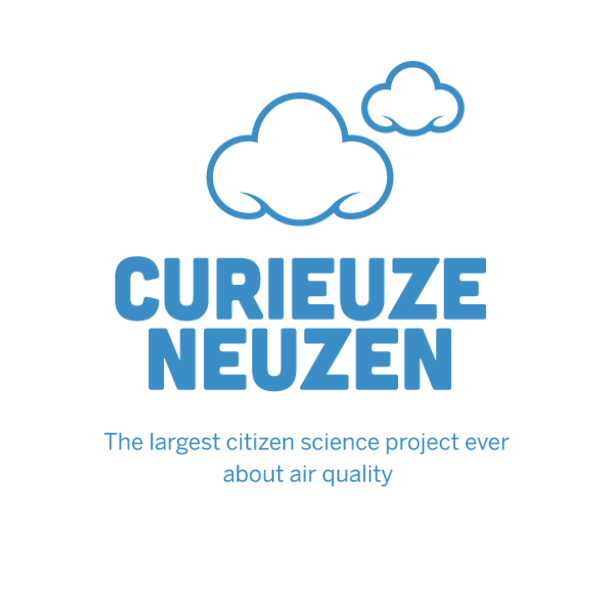
CurieuzeNeuzen
CurieuzeNeuzen (BE) projects harness the scientific power of “massive” citizen science. Four projects have taken place, each involving between 2.000 and 20.000 participants (families, schools, companies). The first project in 2016 engaged 2.000 enthusiastic inhabitants of Antwerp (Belgium) to measure air quality across a city that struggles with high levels of air pollution. In 2018, a scaled-up version recruited over 20,000 citizens to install air quality sensors at their house across the whole region of Flanders (Belgium). In 2021, the air quality was mapped across the capital of Brussels with 3.000 citizen volunteers (including king and prime minister). In 2022, CurieuzeNeuzen went “climate meets Internet-of-Things” to document heat and drought across 5000 private gardens in Flanders. A spin-off company was created in 2022 to provide strategic advice to other citizen science projects.
curieuzeneuzen.be | citizensciencesupport.be | twitter
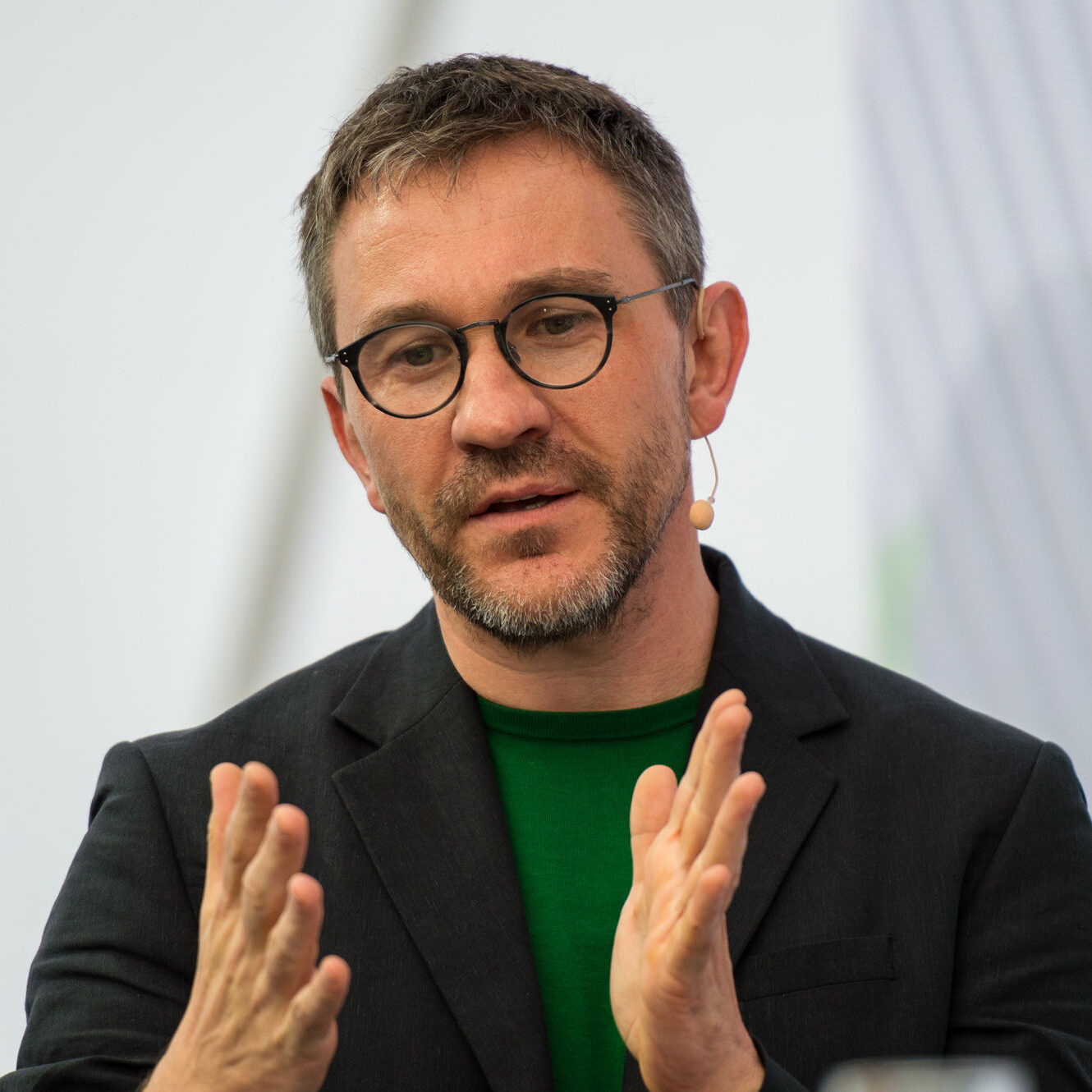
Filip Meysman
Filip Meysman (BE) is professor of Biogeochemistry at the University of Antwerp (Belgium). His research investigates how complex environmental problems — like climate change and air quality — can be tackled with computer models and verified by empirical data. For this, he created and coordinated the large-scale citizen science projects CurieuzeNeuzen. These projects have mobilized 10.000’s of citizens to measure air quality in their street or heat stress in their garden. For this, he received the annual science communication award from the National Academy of Sciences in 2017 and 2022.
